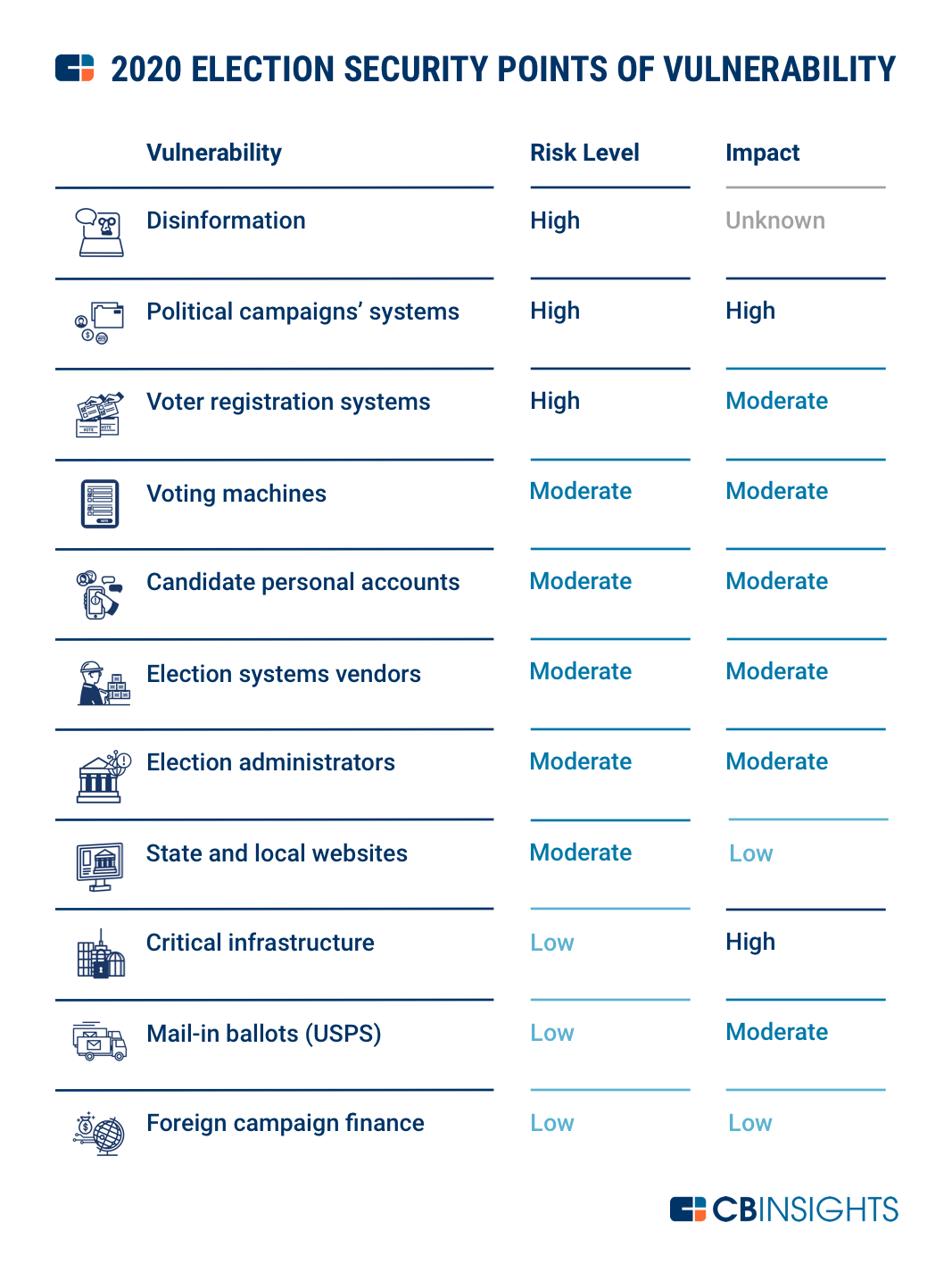

Shoring Up Canada’s Civic Infrastructure:.
#Digital threats to democratic elections: how foreign actors use digital techniques free
Create a special panel to examine disinformation, hate and free speech issues within the new digital public sphere.Re-introduce a non-criminal remedy to investigate and respond to hate speech and.Require platforms to clearly identify automated social media accounts, known as bots.Subject algorithms to regular audits by independent authorities and make the results publicly available.Create world-leading advertising transparency regulation.


The report, written by PPF President Edward Greenspon and University of British Columbia professor Taylor Owen, offers sets of policy options for governments to consider in responding to the rapid emergence of digital risks to democratic institutions and social cohesion. It contains an analysis of the state of the internet in 2018, particularly as it relates to the relationship among large platform companies, their audiences and democracy. This report flows from a two-day workshop the Public Policy Forum and University of British Columbia organized in April 2018.


 0 kommentar(er)
0 kommentar(er)
